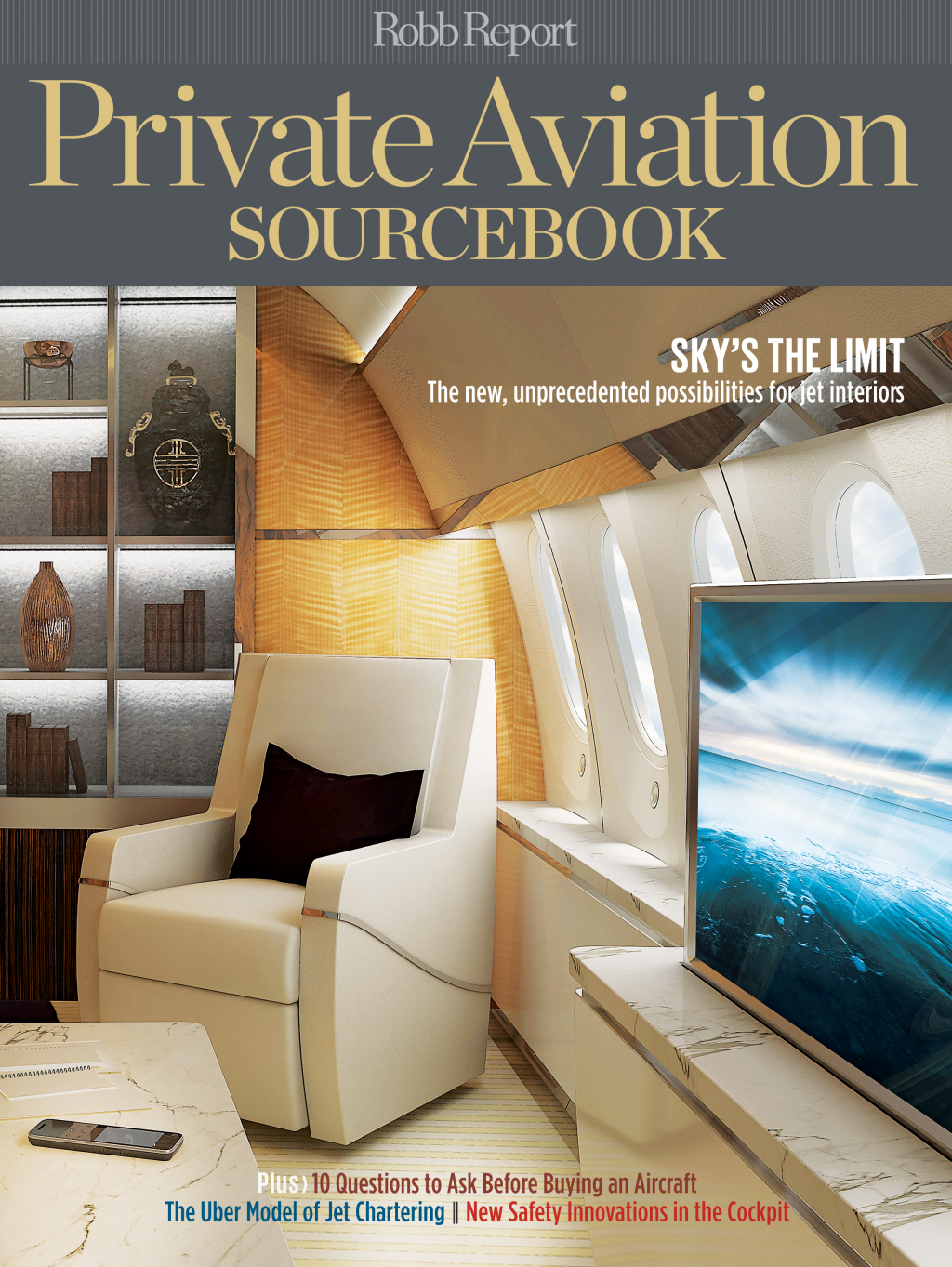Salespeople in every industry use phrases like “boilerplate” and “standard” to dissuade potential customers from negotiating contract terms that best suit their needs. In the private aviation industry, however, accepting these promises at face value is especially dangerous as it can cost you thousands, if not millions, of dollars.
As a founding member of Robb Report’s Private Aviation Advisory Board, James Butler shares some thoughts on the questions that potential buyers should be asking.
As it pertains to deciding which private aviation program fits you best, Butler acknowledges that brokers often quote this rule of thumb: If you fly more than 200-400 hours a year, you are a good candidate to own a plane; if you fly fewer hours, you should stick with charter, jet cards or fractional ownership. However, Butler cautions that this “rule” is too generic and doesn’t factor in other important personal considerations… not to mention the potential for a hybrid solution.
“Think about whether you really want to manage an aircraft, hire and manage a chief pilot and crew, and deal with the fact that the aircraft is sometimes going to be down for maintenance,” he says. Butler also stresses that airplanes are not liquid assets. Selling an aircraft can sometimes take more than a year, during which market fluctuations can cause the value of a particular model to dive.
When asked for his thoughts on existing aircraft owners making their aircraft available for charter, Butler again advises clients to be skeptical of brokers’ and providers’ promises. “It’s easy to put together a nice brochure and offer up a block program to charter out your airplane, but more charter hours means more expenses for you,” he says. “What kind of guarantee or commitment are they going to come up with to offset the costs?”
Indeed, there is much to consider in the way of aircraft ownership – both in making the initial decision to buy and in the many decisions that will follow. Regardless of where you are in the world of private aviation investing, Butler believes that having an experienced advocate asking the tough questions and helping you navigate the tough decisions delivers great value.







